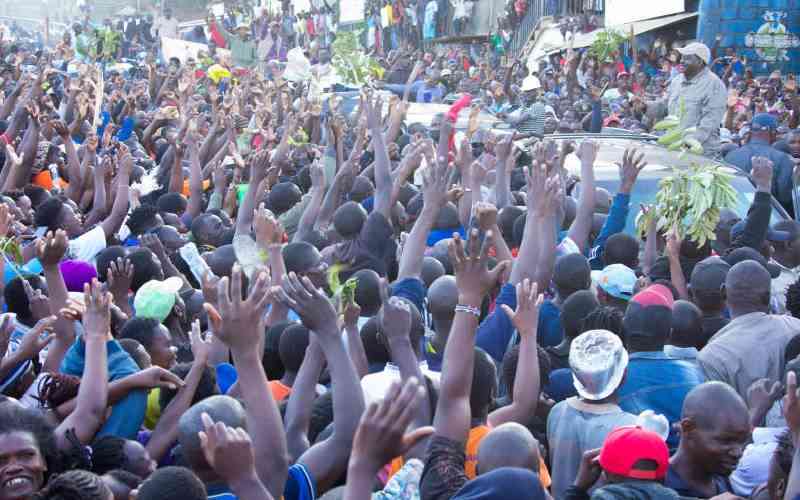×
The Standard e-Paper
Home To Bold Columnists

Constitutional experts have faulted Interior Cabinet Secretary Kithure Kindiki's plan to tighten the law governing public demonstrations, terming them unconstitutional.
Earlier this week, Prof Kindiki unveiled 10 proposed amendments to the Public Order Act and Statutory Instruments Act to, among others, limit the number of protesters or picketers at any given occasion and holding them responsible for and payment of, damages to those harmed by activities of assemblers, demonstrators, picketers or petitioners.